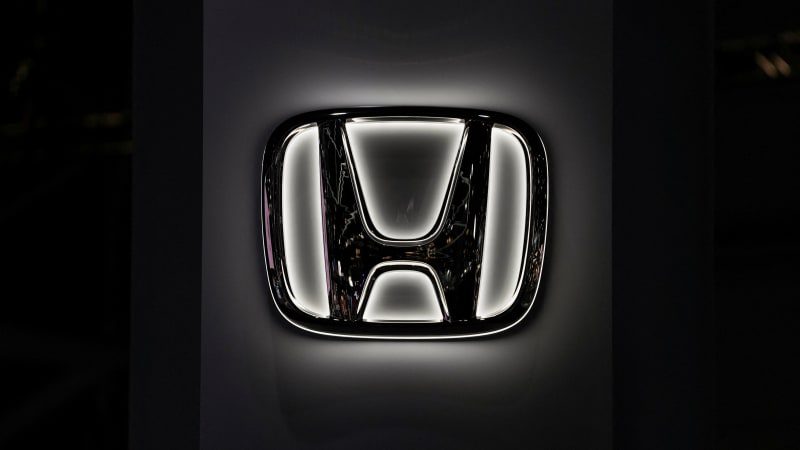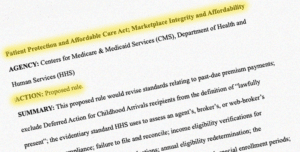2.5 million Hondas, Acuras are being recalled to fix a fuel pump defect

American Honda Motor Co. is recalling more than 2.5 million cars because of a fuel pump problem that could lead to engine failure or stalling in traffic, which could cause an accident.
National Highway Traffic Safety Administration recall documents say the impellers inside fuel pumps of 2017-2020 Hondas and Acuras were improperly made, meaning they “can deform and interfere with the fuel pump body” over time. This could prevent the engine from starting, or can cause a stall while driving, which depending on the situation in traffic, could be dangerous. Fortunately, Honda says it hasn’t received any reports of crashes or injuries.
To remedy the problem, Honda will replace the in-tank fuel pumps, at no cost to owners, in the entire recall population of 2,539,902 vehicles, though the defect may be present in only 1 percent of those cars. Because of the size of the recall, repairs will be done in phases, with first owners receiving notification letters in February. Dealer notifications began this week.
“Countermeasure replacement parts are not available in sufficient quantities for all recalled vehicles at the time of this announcement, and American Honda intends to notify vehicle owners in stages,” Honda wrote.
Meanwhile, owners wishing to confirm that their vehicle is included can enter their VIN at the NHTSA recall site or at American Honda’s and Acura’s recall platforms.
NHTSA’s campaign number for the recall is 23V858000. Honda’s numbers for this recall are KGC and KGD.
Owners may also contact Honda customer service by phone: 1-888-234-2138.
These models are in the recall:
Earlier this week, the NHTSA and Honda also announced a recall of more than 106,000 examples of 2020-2022 CR-V hybrid vehicles due to a missing fuse on the power circuit of exterior 12-Volt battery cables. This can cause the battery cable to short circuit or overheat during a crash, regulators said.
Contains Associated Press




